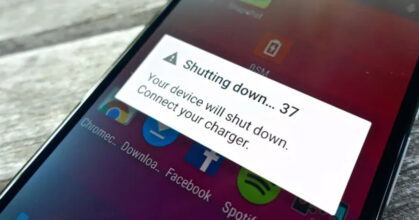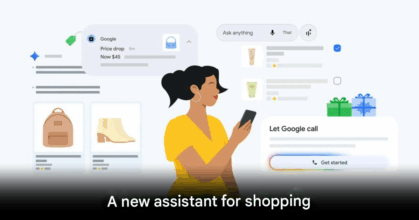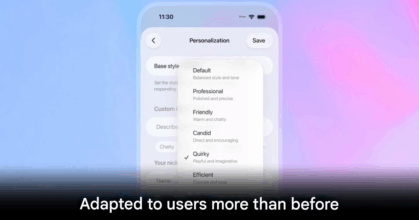
Google is stepping back from its strict Developer Verification policy after strong pushback from users and developers who rely on sideloading to customize their Android devices. The policy originally required developers outside the Play Store to register and verify their identity, blocking APK installations for apps that did not meet the requirement. The company now acknowledges that experienced users deserve more flexible options, especially when they fully understand the risks involved.
The original rule was introduced due to rising concerns over scams where attackers used social engineering to trick users into bypassing sideload warnings and installing harmful apps. While the system was intended to cut down on fake app creation, it unintentionally disrupted power users who routinely install APK files. The backlash grew as developers and enthusiasts argued that Android has always stood for openness and customizability.
Google has made several adjustments over time, including allowing free verification for experimental projects and extending developer ADB privileges. These updates were helpful but still failed to satisfy the wider user base. The latest announcement introduces a special high risk bypass path that grants users full control over sideloading while enforcing advanced safety steps to prevent deception. This early access rollout begins this November for developers, followed by Play Store invitations from November 25 onward.
With this option enabled, users can approve the installation of any app through improved warning systems or specific ADB-based settings. Google insists the bypass must require deliberate intent, ensuring users are not tricked into installing malicious apps with simple prompts. Expected implementations include multi-layered warning screens or a secure internal setup option that enables unverified installations. The goal is to stop attackers who rely on automated scripts capable of tapping through basic alerts.
The policy shift also appears connected to ongoing antitrust pressure involving Epic Games, which demanded broader support for external app stores. This updated approach helps relieve some of that regulatory tension while maintaining strong protections for average users. Complete enforcement of Developer Verification is now postponed to March 2026 as Google works closely with the developer community to refine the system.
Google states that more details about the updated sideload experience will be released in the coming months. For Android enthusiasts who value freedom, this marks a partial victory and a promising return to the flexibility that made the platform popular.
THIS IS OUR SAY
Google finally accepts that Android must stay open, and this more balanced sideload approach shows the company is trying to keep security strong without crushing personal freedom, giving power users the flexibility they have always defended.
origin: Arstechnica






